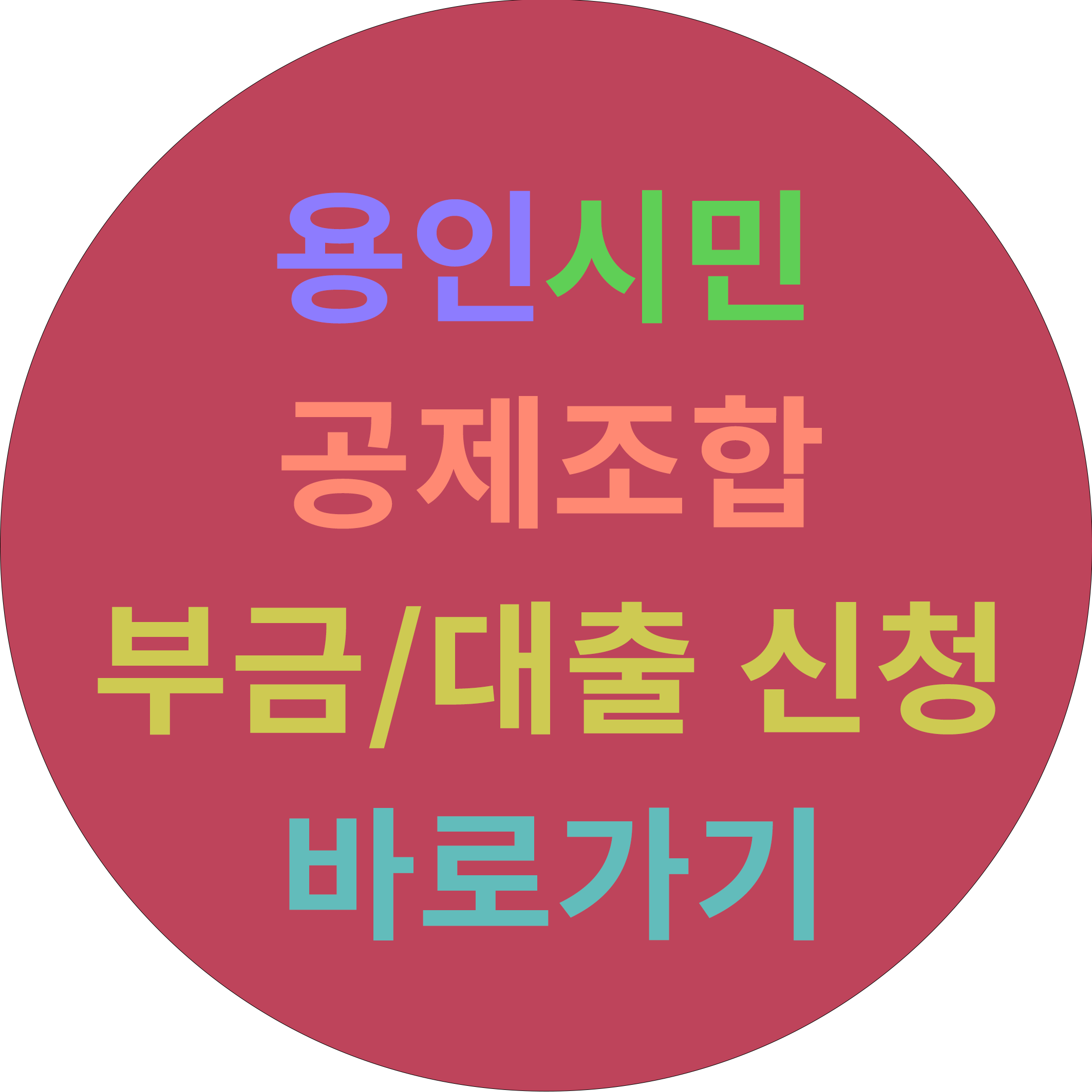요즘 느티나무에서는
아렌트, '교육의 위기' 첫번째 강독...
아렌트 '교육의 위기' 첫번째 강독이 있었습니다.
[과거와 미래 사이]라는 의미심장한 책에서 짧은 글인데요.
미리 얘기드렸던 것처럼 국내의 아렌트 번역서들은 그다지 번역이 좋지 않습니다.
이 책의 경우 번역자가 쓸데없이 원문에 개입하는 일이 잦고 원문의 문단을 마음대로 갈라놓아 읽기가 쉽지 않습니다.
그래서 제가 원문을 직접 읽는 게 아렌트를 이해할 수 있는 좋은 방법이라고 말씀드리기도 했는데요....^^;;
어쨌거나 지난 강독 때 제 2절까지 읽었고, 다음 강독 때는 제 3절(249쪽)부터 읽을 예정입니다.
함께 읽으며 눈에 들어온 부분이 실제 원문에서는 어떻게 표현되는지 궁금하실 분이 있을지 몰라 원문을 몇 구절 올립니다.^^
다음 강독은 8월 22일(월) 오후 7시 입니다.
사회과학 강독회 내용은 http://club.filltong.net/soci 에서 확인하실 수 있습니다.
----------------------
여기서 말하는 교육의 본질이란 탄생성, 즉 사람들이 세계 속에 태어났다는 사실이다.
the essence of education is natality, the fact that human beings are born into the world.
고대부터 현재에 이르기까지 모든 정치적 유토피아에서 교육이 담당한 역할은 출생과 본질 면에서 새로운 사람들과 함께 새로운 세계를 시작하는 것이 얼마나 자연스러운 일인가를 잘 보여준다. 정치에 관한 한 이것은 물론 하나의 심각한 오해와 연루된다. [정치에는] 동료들과 함께 설득의 노력을 떠맡고 실패의 위험을 감수하는 대신에 성인의 절대적인 우월성에 의존한 독재적인 개입과, 새로운 것을 마치 그것이 이미 존재했던 것처럼 기정사실로 만들려고 하는 시도가 존재한다. 이런 이유로 유럽에서는 새로운 [삶의 또는 정치의] 조건을 창출하려면 아이들과 함께 시작해야 한다는 믿음이 전제적인 성격의 혁명운동―그들은 권력을 잡았을 때, 아이들을 부모에게서 떼어내 혁명을 주입시켰다―에 의해 주로 독점되어 왔다.…유토피아적 내일의 시민으로 교육하고자 하는 아이들조차 사실상 정치체제 내에서 그들이 미래에 맡게 될 역할을 거부당한다. 왜냐하면 새로운 성원들의 관점에서 보면, 성인의 세계가 어떤 새로운 것을 제안하더라도 그것은 그들 자신보다 먼저 존재하는 것이기 때문이다. 인간 조건의 본질 속에서 모든 신세대는 구세계 속으로 성장해가기 때문에 신세계에 적합한 신세대를 준비한다는 것은 단지 새내기들의 수중에서 새로운 것에 대한 그들 자신의 기회를 깨뜨리기를 원한다는 뜻일 뿐이다.
The role played by education in all political utopias from ancient times onward shows how natural it seems to start a new world with those who are by birth and nature new. So far as politics is concerned, this involves of course a serious misconception: instead of joining with one's equals in assuming the effort of persuasion and running the risk of failure, there is dictatorial intervention, based upon the absolute superiority of the adult, and the attempt to produce the new as a fait accompli, that is, as though the new already existed. For this reason, in Europe, the belief that one must begin with the children if one wishes to produce new conditions has remained principally the monopoly of revolutionary movements of tyrannical cast which, when they came to power, took the children away from their parents and simply indoctrinated them.…even the children one wishes to educate to be citizens of a utopian morrow are actually denied their own future role in the body politic, for, from the standpoint of the new ones, whatever new the adult world may propose is necessarily older than they themselves. It is in the very nature of the human condition that each new generation grows into an old world, so that to prepare a new generation for a new world can only mean that one wishes to strike from the newcomers' hands their own chance at the new.
실천과 앎 사이의 연관성이 무엇이든 혹은 실용주의 공식의 타당성이 무엇이든 교육, 즉 아이의 학습 방식에 그것을 적용하는 것은 바로 우리가 첫 번째 기본 가정의 경우에서 주목했던 것과 동일한 방식으로 어린이의 세계를 절대적으로 만들기 쉽다. 여기서도 아이들의 독립성을 존중한다는 구실로 아이들은 성인들의 세계에서 내쫓기고, 그들의 세계라고 불리는 곳에 부자연스럽게 남겨 진다. 그것이 하나의 세계로 불릴 수 있는 한에서 말이다. 아이를 뒤에 남겨두는 것은 부자연스럽다. 그렇게 할 경우 가르침과 배움으로 이루어지는 성인과 아이들의 자연스러운 관계가 끊어지고, 동시에 아이는 발달중인 인간이고 유년기는 성인기를 준비하는 일시적인 단계라는 사실과 모순을 일으키기 때문이다.
Whatever may be the connection between doing and knowing, or whatever the validity of the pragmatic formula, its application to education, that is, to the way the child learns, tends to make absolute the world of childhood in just the same way the we noted in the case of the first basic assumption, Here, too, under the pretext of respecting the child's independence, he is debarred form the world of grown-ups and artificially kept in his own, so far as that can be called a world. This holding back of the child is artificial because it breaks off the natural relationship between grown-ups and children, which consists among other things in teaching and learning, and because at the same time it belies the fact that the child is a developing human beings, that childhood is a temporary stage, a preparation for adulthood.
근대 세계와 그것의 위기가 지닌 어떠한 측면이 교육위기 속에서 실제로 모습을 드러냈는가. 즉 수십 년 동안 사물들이 상식과 뚜렷한 모순을 보이면서 운위되고 수행될 수 있었던 진정한 이유는 무엇인가? 둘째, 이 위기로부터 우리가 교육의 본질에 관해 배울 수 있는 바는 무엇인가― 우리가 해서는 안 되는 일을 하는 실수로부터 항상 무엇을 배울 수 있다는 [통상적인] 의미에서가 아니라, 교육이 모든 문명 속에서 담당한 역할을 반성함으로써, 즉 아이들의 존재가 모든 인간사회에 남기는 의무에 관해 반성함으로써 이 질문에 대한 답을 찾아보고자 한다.
Which aspects of the modern world and its crisis have actually revealed themselves in the educational crisis, that is, what are the true reasons that for decades things could be said and done in such glaring contradiction to common sense? And, second, what can we learn from this crisis for the essence of education―not in the sense that one can always learn from mistakes what ought not to be done, but rather by reflecting on the role that education plays in every civilization, that is on the obligatin that the existence of children entails for every human society.
















